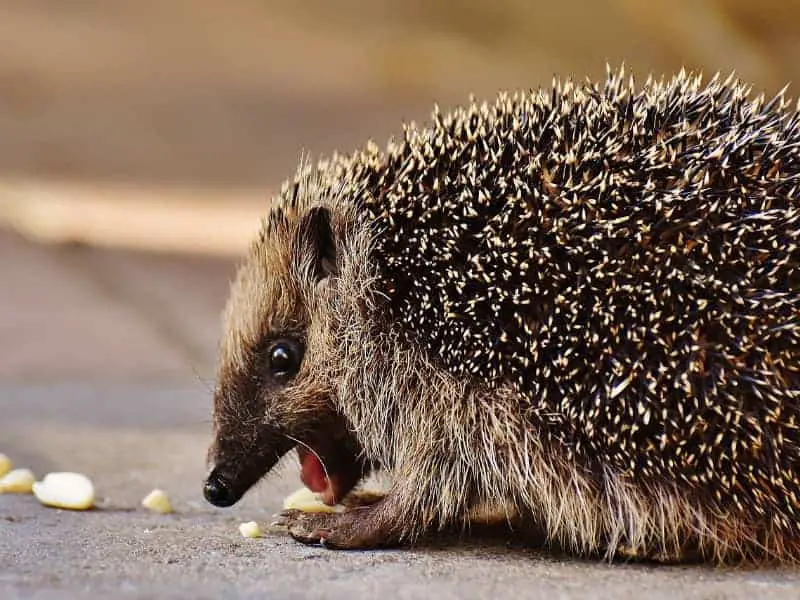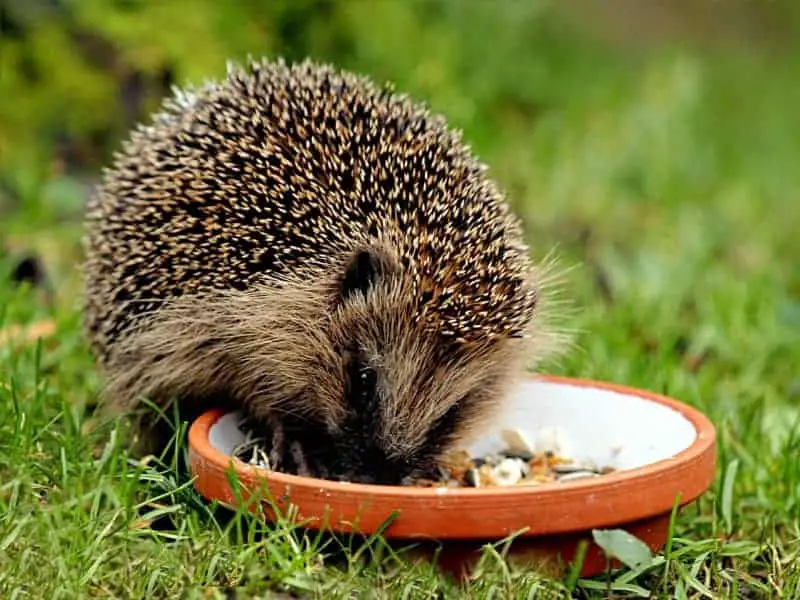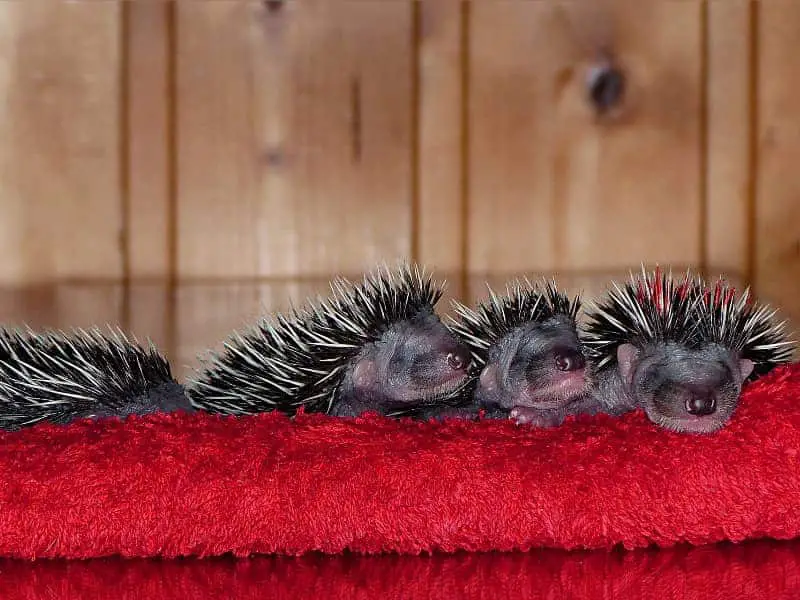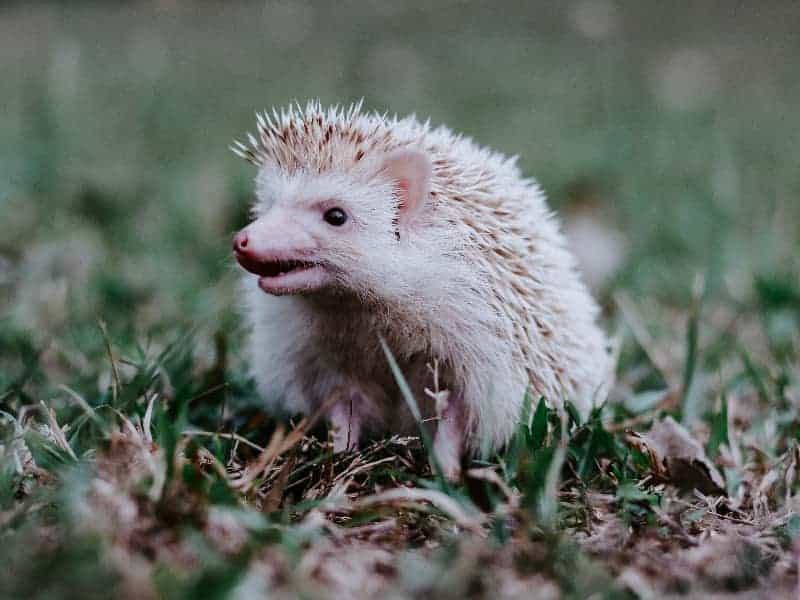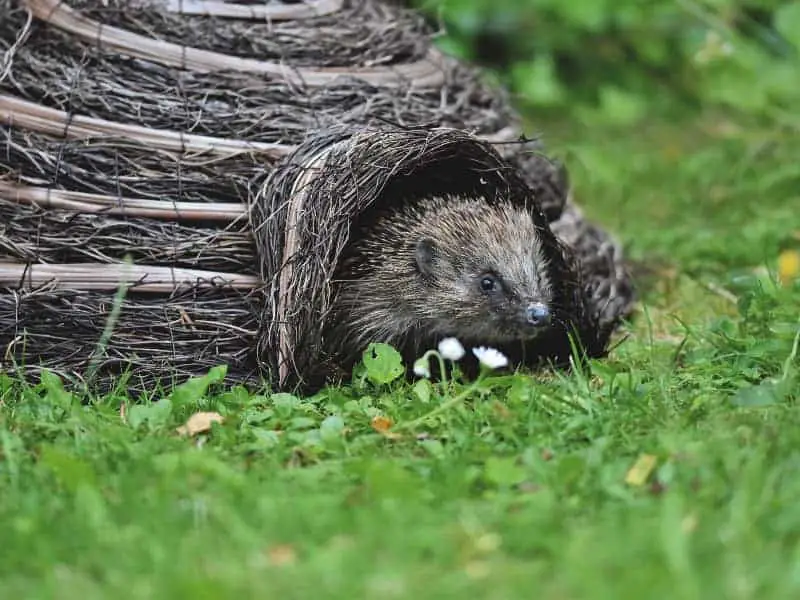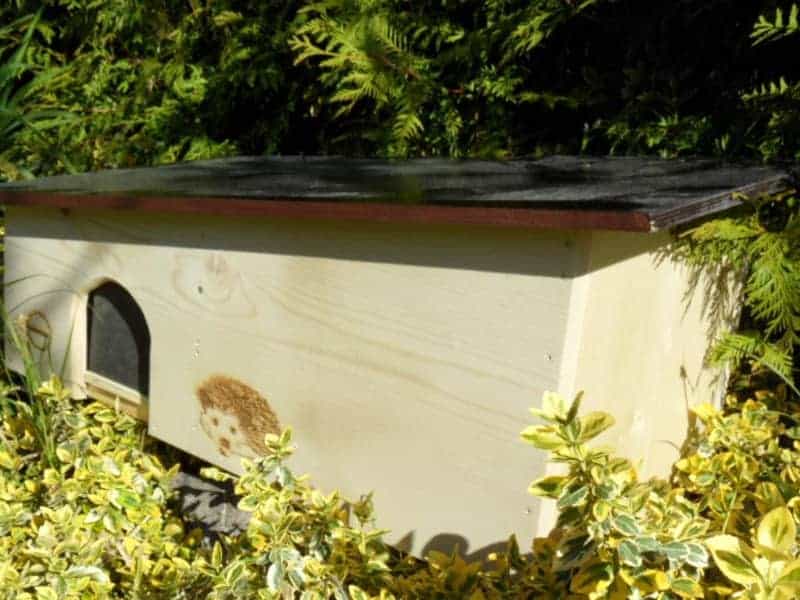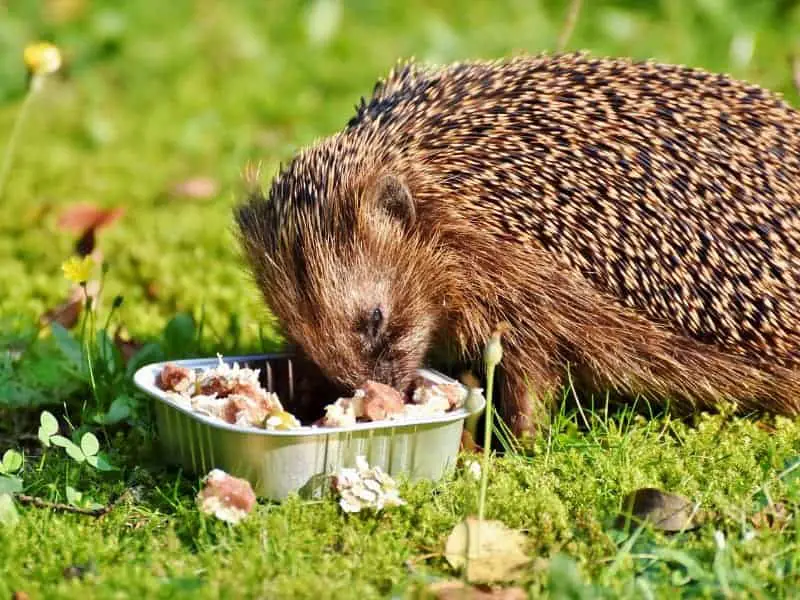
What cat food for hedgehogs?
What cat food for hedgehogs? Is a topic that is close to the hearts of many animal lovers. This blog post is intended to help you navigate through the food jungle and make an informed decision. The focus is on cat food as a possible food option for hedgehogs, but we will also look at alternatives.
Why is choosing the right cat food for hedgehogs important?
Choosing the right food for hedgehogs is crucial not only for the welfare of the animal, but also for the ecological balance in your garden. Hedgehogs are useful animals that play an important role in the ecosystem. They eat pests such as slugs and insects and thus contribute to natural pest control.
That's why it's important to provide them with a diet that meets their nutritional needs and keeps them healthy. A well-fed hedgehog has a better chance of survival, especially in the colder months when the natural food supply becomes scarce.
Cat food for hedgehogs - Understanding the needs of hedgehogs
Before we focus on cat food as a possible food option for hedgehogs, it is important to understand the basic needs and nutritional physiology of hedgehogs. Only then can an informed decision be made.
Nutrition physiology of hedgehogs
Hedgehogs are primarily insectivores, although they are considered omnivores. They require a protein-rich diet to support their energy metabolism and overall health. Protein is especially important for tissue growth and repair, while fats serve as a source of energy.
Insects provide not only the necessary protein, but also important minerals and vitamins. These nutrients are essential for the hedgehog to maintain a healthy immune system and a robust body constitution.
How do nutrient requirements change throughout the year?
Over the course of the year, the hedgehogs' nutritional requirements change. During the growth phase in spring and summer, young hedgehogs need a particularly protein-rich diet. In the fall, hedgehogs begin to prepare for hibernation. During this phase, it is important to find a balance between proteins and fats in order to accumulate sufficient energy reserves for the cold season.
The natural food supply also varies with the seasons. In the warmer months, more insects and other animal foods are available, while in the fall and winter, the food supply decreases. During this time, alternative food options such as cat food are particularly valuable.
What to consider when buying cat food for hedgehogs?
Cat food is one of the most popular food alternatives for hedgehogs, mainly because it is readily available and has a high nutrient density. But is it the best option? Let's take a closer look.
Advantages and disadvantages of cat food for hedgehogs
Cat food has the advantage that it is available in almost every supermarket or pet store. It is also available in different varieties, both wet and dry food. Wet food has the advantage that it is easier to eat and provides extra fluid, which can be especially useful in the dry summer months.
However, not every cat food is suitable for hedgehogs. Some varieties contain too much fat or additives that can be harmful to hedgehogs.
What types of cat food are best?
When choosing cat food as a food option, there are a few things you should consider. First of all, it is important to pay attention to the protein and fat content of the food. A protein level of about 30% and a fat level of 10-15% are ideal.
Avoid cat food with cereals, as hedgehogs find this difficult to digest. It is also advisable to avoid artificial additives and preservatives. Instead, look for food that contains high-quality animal proteins such as chicken or beef.
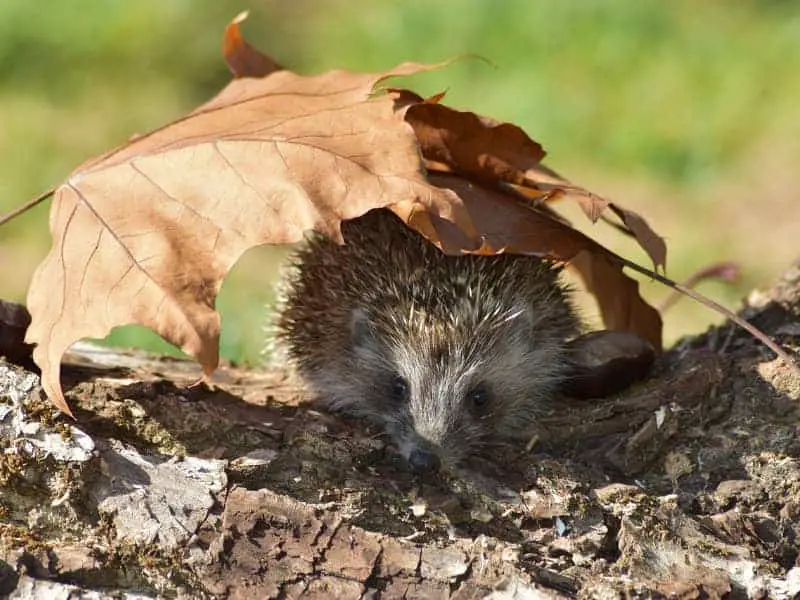
Cat food for hedgehogs - Alternative food options
While cat food is a common food choice for hedgehogs, it is not the only one. There are other options that are closer to the natural feeding behavior of hedgehogs. Let's take a look at some of these alternatives.
Insects and natural food sources
Insects are the natural food source for hedgehogs and offer many benefits. They are rich in proteins and contain important vitamins and minerals that are crucial for the hedgehog's health. Preferred insects include worms, snails and various types of beetles.
One option is to feed dried insects, which are available in pet stores. These can serve as a supplement to the main feed or as a treat. They have the advantage of a long shelf life and high nutrient density.
However, it is important that this feed option is used as a supplement and is not the sole source of food. This is because dried insects do not contain all the necessary nutrients in sufficient quantities.
Homemade food recipes for hedgehogs
If you want to better control the nutritional content of the food, you can also prepare homemade food for hedgehogs. Here are a variety of recipes that are easy to prepare and most of them contain ingredients that you probably already have at home.
For example, a simple recipe might consist of pureed vegetables, cooked chicken and rice. Make sure it is high in protein and avoid ingredients that can be harmful to hedgehogs, such as onions or garlic.
Homemade food allows you to determine the quality of ingredients yourself and allows to bring variety into the diet of the hedgehog.
Conclusion: what cat food for hedgehogs?
Choosing the right food for hedgehogs is an important decision that affects not only the welfare of the animal, but also the ecological balance of your garden. Cat food is a convenient and nutritious food option, provided you choose the right product. Look for a high protein content and a moderate fat content, and avoid varieties with artificial additives.
However, cat food should not be the only food source for hedgehogs. Alternative food options such as natural insects or homemade recipes can provide variety and additional nutrients. The goal is to create a balanced diet that meets the hedgehog's changing needs throughout the year.
With this knowledge, you'll be well equipped to make an informed decision about the best food choices for the prickly visitors in your garden.
Author

-
Garden animal - A life with nature
Welcome to my animal blog! My name is Dirk and I am happy to take you on my journey through the fascinating world of animals and gardening.
Born 54 years ago, I have had an insatiable curiosity for the animal world around me since childhood. Although I have moved professionally in other industries, my true passion has always been animals and nature. It is remarkable how a small garden has become such an important part of my life.
Many of my fondest memories are associated with the animals that share our home. Whether it's the curious squirrels that scurry across the trees in the morning, the colorful variety of birds that visit our feeders, or the busy bees and butterflies that pollinate our flowers, every moment with them is invaluable to me.
This blog is my contribution to share my experiences, discoveries and insights with like-minded people. Here I will share stories of unforgettable encounters with animals, give tips on gardening and creating wildlife-friendly habitats, and take you on my journeys through nature.
Thank you so much for being here!
Cordial,
Dirk aka garden animal
Last posts
- 27. February 2024PetsVeganes Hundefutter – Grün und Gesund?
- 18. January 2024ChickensOregano für Hühner
- November 27, 2023HamsterDiurnal hamsters
- November 24, 2023HamsterHamster hammock

